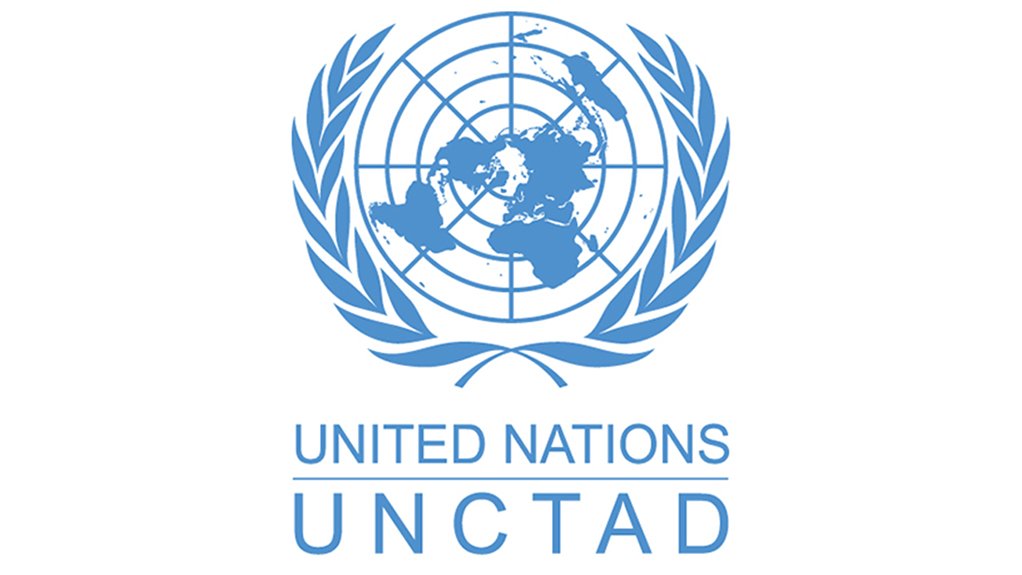- The UNCTAD Model Law on Competition after 30 years1.15 MB
UNCTAD Model Law on Competition (Model Law) has been developed by member States' representatives gathered in UNCTAD intergovernmental meetings to provide guidance on competition legislations, particularly for developing countries that are not familiar with this field, recognizing their interest to be able to take appropriate actions towards anticompetitive practices.
The Set of Multilaterally Agreed Equitable Principles and Rules for the Control of Restrictive Business Practices (The UN Set), adopted by the General Assembly of the United Nations in 1980, provides the framework for the Model Law content, and makes the Model Law continue to be relevant today.
Section F.5 of the Set provides "continued work within UNCTAD on the elaboration of a model law or laws on restrictive business practices in order to assist developing countries in devising appropriate legislation", and member States "should provide necessary information and experience to UNCTAD in this connection".
The Model Law consists of thirteen chapters indicating the content of key provisions which competition laws should include.
The Model Law comprises:
- Part I: which prescribes substantive possible elements to be included in competition laws and remains unchanged.
- Part II: which gathers commentaries on each chapter and showcases existing legislation and case-law around the world, is regularly revised and updated based on inputs and contributions from member States and academia.
These revised commentaries have been presented at the annual meetings of the Intergovernmental Group of Experts on Competition Law and Policy (IGE) and at the five-yearly United Nations Conference to Review All Aspects of the Set (Review Conference).
This publication revisits the Model Law from different angles; the origin and history of the Model Law, as well as its negotiation are discussed.
Testimonials from young competition authorities from developing countries share the relevance of the Model Law in the drafting of their own competition laws and refer to the implications of the Model Law to developing countries.
A few specific chapters of the Model Law are examined in light of current economic trends, with proposals for improving UNCTAD's work on the Model Law and exploring other instruments to further assist less experienced competition authorities in developing countries.
UNCTAD is the focal point for competition law and policy within the United Nations system and the guardian of the UN Set adopted 43 years ago. Its achievement in this field will be commemorated as UNCTAD celebrates its 60th anniversary in 2024.
Report by the United Nations Conference on Trade and Development
EMAIL THIS ARTICLE SAVE THIS ARTICLE ARTICLE ENQUIRY
To subscribe email subscriptions@creamermedia.co.za or click here
To advertise email advertising@creamermedia.co.za or click here











